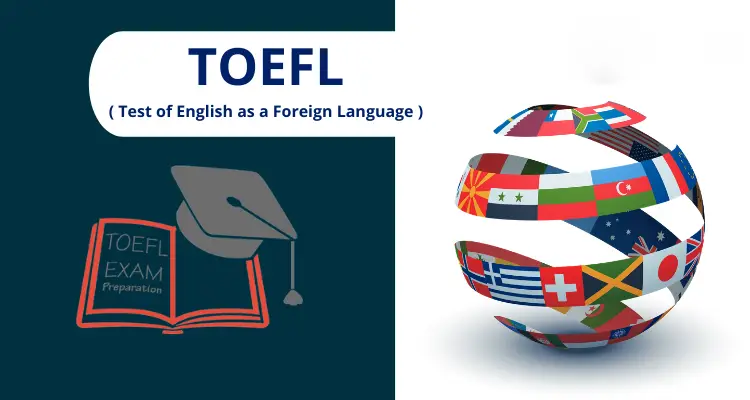



The Test of English as a Foreign Language (TOEFL) is a standardized assessment designed to measure the English language proficiency of non-native English speakers

Within the Reading section, students are tasked with responding to questions pertaining to 3 to 4 passages, each spanning approximately 700 words and generally derived from subjects found in undergraduate university textbooks; the inclusion of new question types may necessitate summarization or completion of tables by students.

Within the Writing section, students must fulfill two tasks: an independent task involving essay writing and subsequent explanation, and an integrated task where they read an academic passage, listen to a related discussion, and then compose a summary while elucidating its connection to the main points in the passage.

The Speaking section comprises six tasks, with two being independent and the remaining four integrated. For independent tasks, students respond to opinion-based questions on familiar topics. Integrated tasks involve reading a short passage, listening to a conversation or lecture, and answering questions based on the information gathered. The two remaining integrated tasks require students to listen to a conversation or academic lecture and respond to questions based on the content heard.

The Listening section demands that students respond to questions derived from 6 to 9 passages, ranging between 3 to 5 minutes in duration. These passages encompass two student conversations and four discussions or academic lectures, with each passage and conversation accessible for listening only once. Students are required to answer five questions for each conversation and six questions for each lecture.
Sector 34A,
SCO - 13 - 14 - 15
Chandigarh, Punjab
(+91) 9056555602
2A, 1st Floor, Primrose,
Trivandrum,
Kerala - 695014
(+91) 471 405 5046
USI Consultancy Office 108, Emirates Islamic Bank Building Fujairah-UAE
(+971) 562100171
USI Global Management Consultancy Speedex building, M15 Deira, Dubai
(+971) 52 612 2717
The Monarch
3rd Floor,
PT Usha Road, Kochi, Kerala – 682 011
(+91) 484 460 1614
2nd Floor, Saidu Avenue,
Mananchira,
Calicut, Kerala-673001
(+91) 495 4012492
No-336, 1st floor,
DB RoadR S Puram, Coimbatore 641002
(+91) 422 2549903
Sector 34A,
SCO - 13 - 14 - 15Chandigarh, Punjab
(+91) 9056555602
© 2024 Universal Migration. All rights reserved. Privacy Policy | Terms of Service. Developed By UFS Technologies.